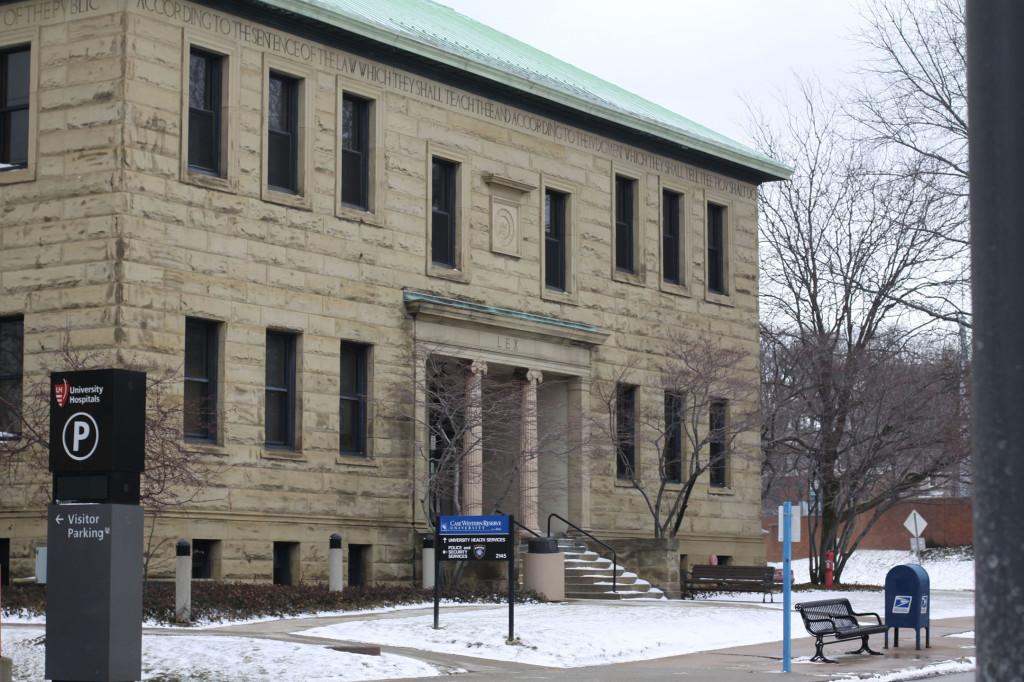Last Monday, students who checked their school email accounts may have noticed an email inviting them to participate in the Healthy Minds survey. Unlike the standard survey spam, this project has a nobler goal; it has been brought to Case Western Reserve University for the first time to shed light on some of the mental health issues that affect college students at CWRU and universities nationwide.
The Healthy Minds Study is a survey that was developed by the University of Michigan in 2007. Used by many universities throughout the nation, each survey is adjusted to fit the specific university at which it is given. In other words, the Healthy Minds survey offered to CWRU students will focus on CWRU only.
Dr. Jes Sellers, Dr. Sara Lee, and Dr. Eleanor Davidson are the co-researchers who helped bring the Healthy Minds survey to CWRU. They are working in conjunction with researchers at the University of Michigan and the Survey Sciences Group, an independent firm that will oversee the data collection and management of the study.
The survey was sent out to a random sample of 8,000 CWRU students via email and will remain open until the middle of March. The anonymous and confidential survey is administered online, and takes 15-20 minutes to complete. It has several sections, covering several aspects of mental health.
The first section is demographic information, to help categorize results. Participants will be asked their age, gender, race/ethnicity, residence type (on or off campus), field of study, degree program, and year in program, among other things. The responses to these questions will not be associated with any participant.
The second section asks participants about general mental health status, including whether the participant is flourishing or languishing, and whether the individual has displayed depressive, anxiety, or panic disorder like symptoms.
The third section covers lifestyle and health-related behaviors, including drug and alcohol use, exercise, school work, job work, and satisfaction at CWRU. This year, the Healthy Minds Study added an Alcohol Module. The Alcohol Module is an additional set of questions regarding substance use. A random selection of the 8,000 CWRU students invited to take the survey were selected to participate in the Alcohol Module.
The next three sections cover the awareness of, use of, and barriers and facilitators to mental health services. These sections focus on the participant’s need of these services and where one can go if these services are needed.
The seventh section focuses on the academic environment of a student, including supportiveness of the participant’s degree program, willingness to talk with academic personnel about their mental health, and estimated performance in school.
The final section inquires about the social support to a participant, specifically, the participant’s perceived support from family and friends.
The university hopes to achieve a response rate of at least 30 percent from the sample of 8,000 students that were invited to participate. While there is no penalty for not participating, participants who complete the survey will be entered into a sweepstakes to win a $500 prize.
Though this particular survey is making its debut at CWRU this year, mental health surveys are not uncommon. Two years ago, CWRU joined the University of Texas and many other universities in a survey to measure factors of stress, anxiety, and depression and where students went to seek help in dealing with these factors.
The survey found that the majority of students, approximately 60 percent, sought help from their friends. However, it was also found that only 13 percent of students sought help from University Counseling Services.
Dr. Lee and Dr. Sellers hope the results found in the Healthy Minds survey can help guide the programs and services available at CWRU.
“I hope this can create an awareness of the University Counseling Services, both in accessibility and outreach,” said Sellers. “I want to change our perception by students for the better.”
“The survey will give us more information about how students are using services and what services and programs might be more helpful in the future,” said Lee. “If we know how students use these services now, hopefully we can guide them to make them better for our students.”
The results of the survey will be compiled by this summer, with the dissemination process to be determined.












